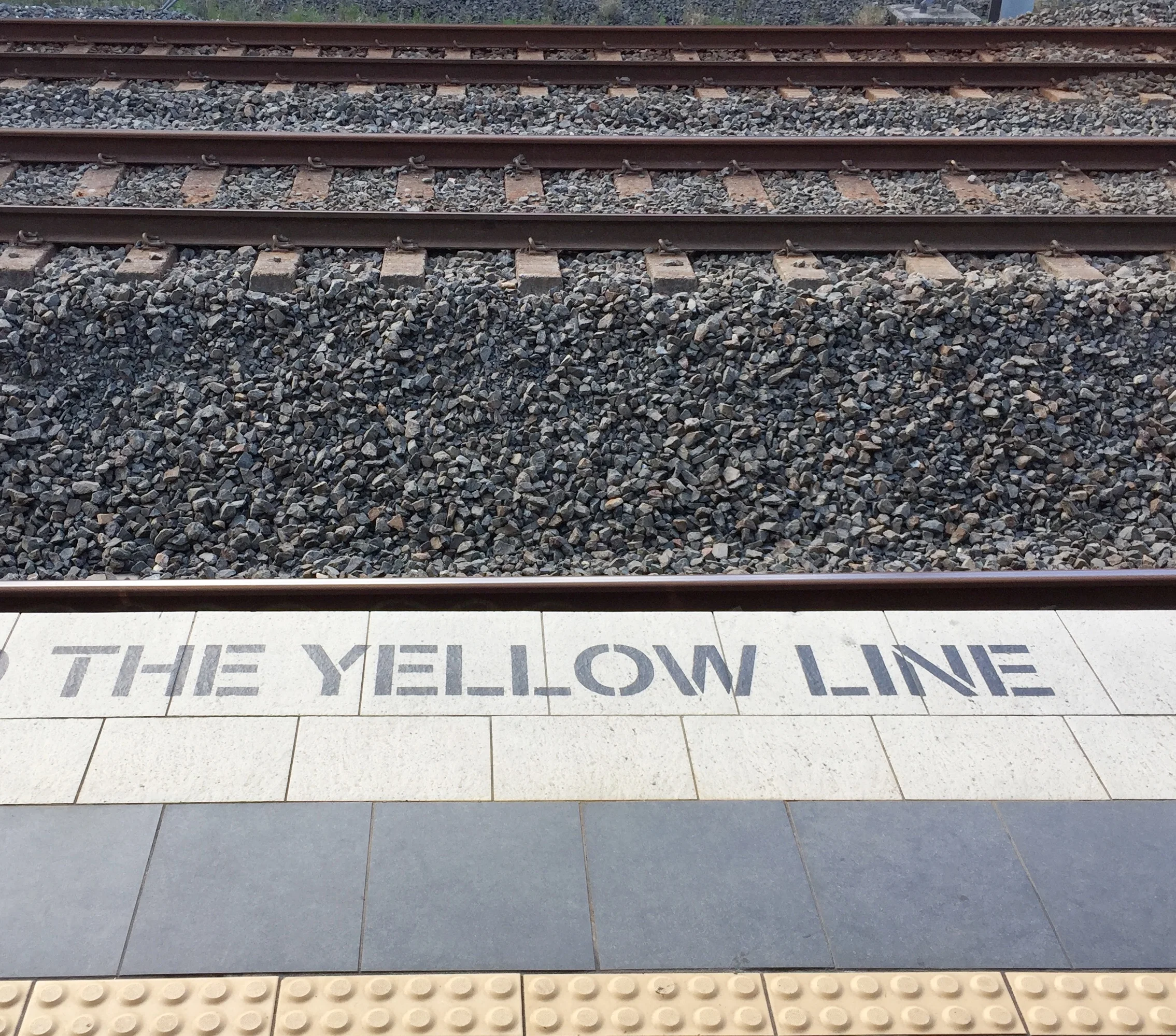Transitions
Why are transitions important? Are they a hindrance or a help? READ ON.
The meaning of a transition
Transition is an interesting word. It has a very abstract sense, almost cold and mechanical, that indicates movement. But it also connects to the word passage, which I think is much warmer and more emotional, and can bring up associations that might mean tight or difficult, or easy and wide; depending on context and interpretation.
However, with transition to or towards retirement, I would like to concentrate very narrowly on that emotional engagement that a person will have with self, family, friends, work and any other number of agents as he or she negotiates that transition.
Emotional engagement
For example, it may take time to realise that when you don’t kit up for work on Monday morning you have a lot of time on your hands and a lot of space in your place of residence, and that both need to be negotiated.
And so, in this transition you may find yourself in one or several of these states of mind:
1) Looking back and missing what you once had as a worker in your job.
2) Going through the transition and either passing to a happy retirement or literally “going through”, in the use of that phrase, some kind of tortuous passage.
3) Going to a goal where you have defined your life’s activities in retirement. Not that having goals is going to suit everyone. Some personality types are goal-driven (that’s me), others are happy to take it as it comes. There is no correct answer here. You may recognise which category you belong to from thinking about your habits at work.
Conclusion
Transition to retirement is not an easy emotional concept to grasp but its utility is clear. It is the passage to the green pastures of a new life postwork.

